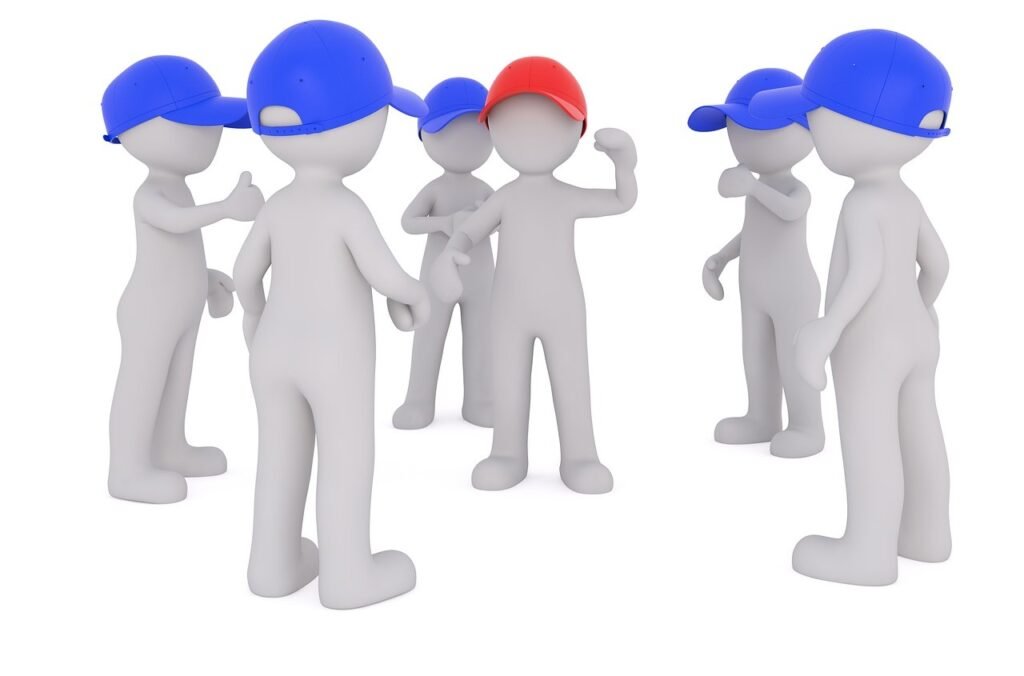
Trade unions are organisations formed, financed and run by their members in their own interests, and several have existed for over a hundred years. There are many unions, covering a wide range of employment areas.
In British law, a union must be ‘independent’ – that is, it must not rely on an employer for funds, facilities or organisation. It must show that it can provide adequate services to its members and that it is able (if necessary) to sustain itself during disputes.
In the UK there are about 200 certified independent trade unions, but numbers have been declining due to amalgamations. They can be divided into three main categories:
- manual workers unions
- white collar unions
- managerial/professional unions.
Trades unions play a number of roles including:
- negotiating pay and conditions
- giving advice and information
- defending employers rights
- resolving conflict
- providing services for members.
Negotiating pay and conditions
Trade unions and staff associations set out to look after their members by:
- protecting their levels of wages and other payments
- negotiating their hours of work and other working conditions
- keeping an eye on health and safety at work.
Giving advice and information
In medium-sized and large organisations it is not really possible for each employee to negotiate individually with management on every issue or grievance that arises. Instead, trade unionists elect or appoint representatives who negotiate on behalf of all the members.
Defending employees’ rights
Trade union representatives help to ensure the smooth running of the industry. Wherever people work or meet together, disputes and grievances will occur, and in industry, the problems of new technology, complicated payment systems and work that lacks stimulation are bound to create occasional dissatisfaction. In these cases, it is the trade union representative who expresses the views of employees and defends their employee’s rights.
Resolving conflict
Disputes usually occur when all the available channels of discussion and negotiation have been tried. A major function of trade unions in these situations is to resolve conflict by representing their members in discussions with employers.
Providing benefits for members
Many unions provide a range of benefits for members including reduced membership to clubs and gyms, discounts on shopping with selected stores, pension schemes, insurance schemes, holiday schemes and many other benefits.
